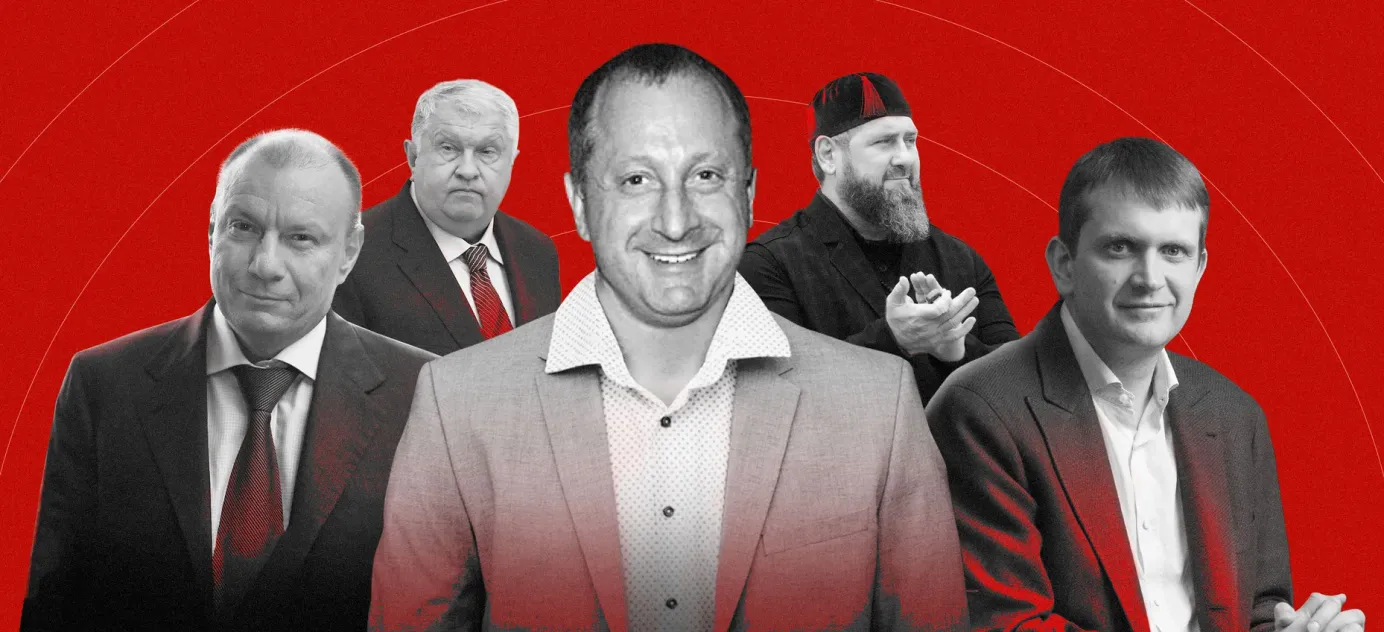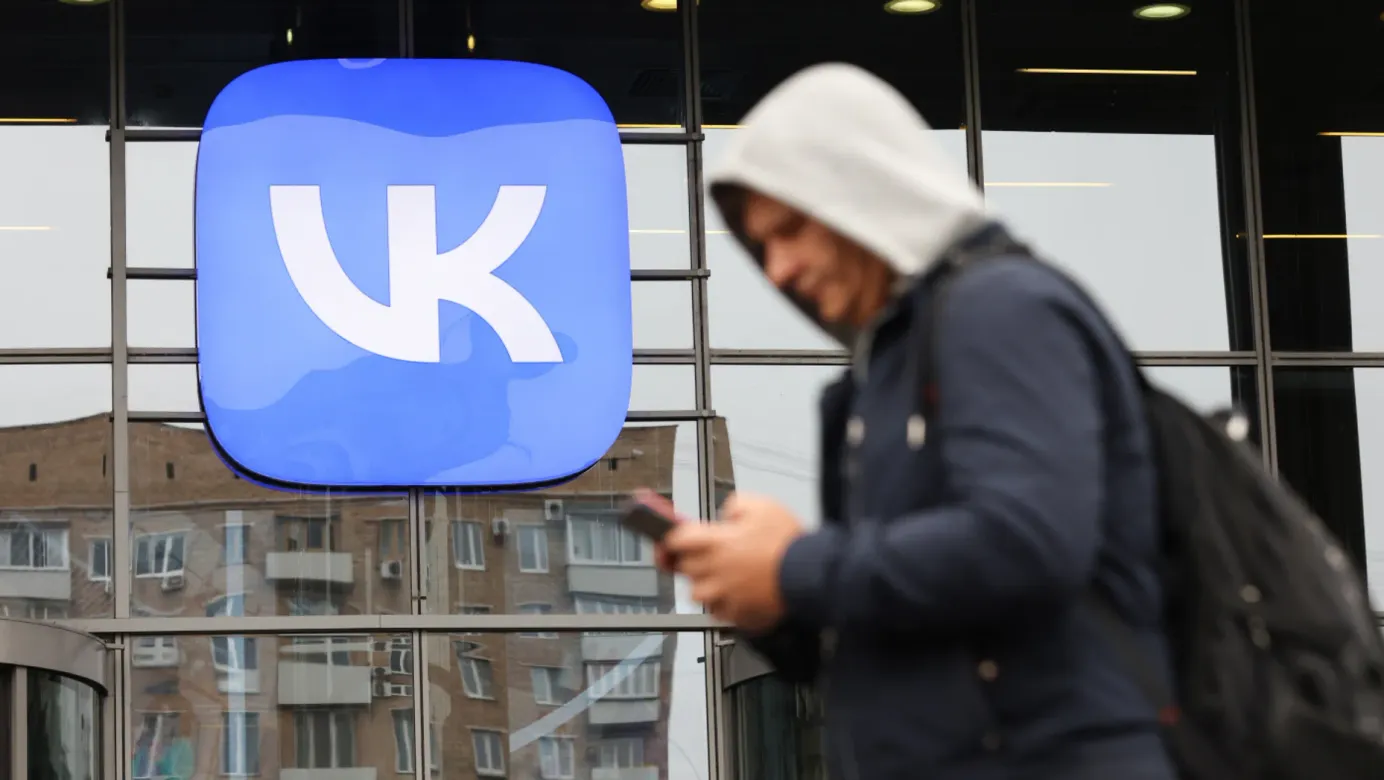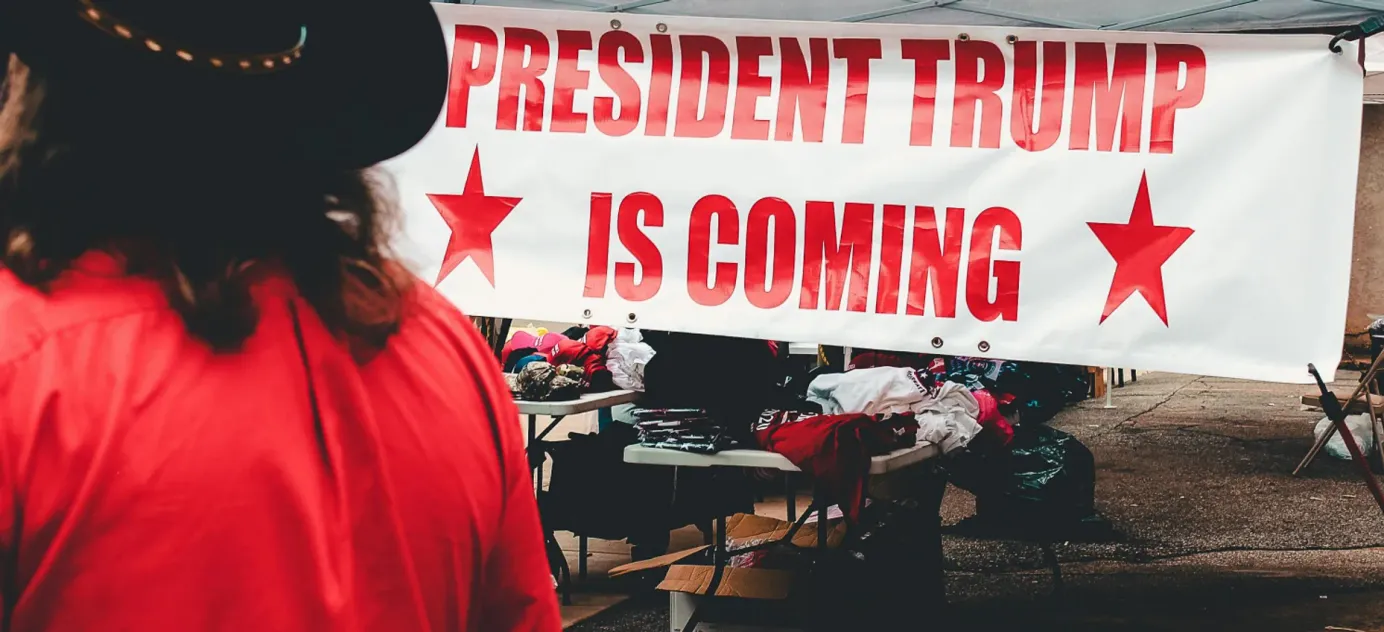
The New Russians: Who is buying up the assets of Western companies leaving Russia?
The war in Ukraine is changing business in Russia beyond all recognition. This has been obvious from the very first days of the invasion, with Western companies announcing departures in their droves and dozens of Russian business leaders falling under sanctions. The Bell has analyzed exactly who is coming out on top from the biggest corporate shake-up since the 1990s in our new project — a rating of the “New Russians”. The ranking highlights the big winners from the Western corporate exodus by looking at the major players taking over the thousands of foreign companies that have quit the Russian market.
- In the first decade of Putin’s presidency, the government — at both the national and regional level — was in overdrive trying to lure foreign investment. In the Kaluga Region, for instance, Volkswagen and dozens of other major companies moved in. For a time, the region was nicknamed Russian Detroit due to its role as a carmaking hub. Now those investors have fled. In many cases they have taken multi-million or even billion-dollar write-downs. Moscow, for its part, has tried to stymie them at every turn, introducing requirements that investors from “unfriendly” countries must sell up at a 50% discount and make a mandatory contribution to the state budget, dubbed an “exit tax.”
- The corporate exodus and fire-sale of lucrative Western assets has created a unique opportunity for Russian businesses to swoop. The Bell has compiled a rating of who is making the most of this new environment. Our rating of “New Russians” — a name inspired by the moniker given to the cadre of beneficiaries from the wild capitalism of the Russian 1990s — tracks the biggest movers and shakers jumping on the chance to buy Western companies at cut-down prices. Unlike in the 1990s, a uniform of crimson jackets, gold chains and a pistol are not required this time around.
- We found 41 businessmen who have each acquired assets that had a pre-war valuation of at least $1 billion. The combined revenues of the formerly Western companies in 2021 stood at $32 billion.
- The list of buyers is not limited to just well-known oligarchs, Putin loyalists and their cronies. In fact, mid-level businessmen are emerging as the real “new Russians.” Snapping up enterprises on the cheap, they are using the fallout of the war to try to force their way into the top echelons of the Russian corporate world by jumping into companies that their Western peers spent years investing in and developing.
- To be sure, some of Russia’s ultra-rich also appear on the list, such as Nornickel owner Vladimir Potanin. “Foreign investors have left us so much that you just have to pick it up,” he said at a business forum in Moscow last year. It wasn’t just words. Potanin really has picked up a lot, led by his acquisition of the Russian arm of France’s Societe Generale.
- Putin’s trusted associates, such as Rosneft owner Igor Sechin and Chechen leader Ramzan Kadyrov are also represented in the list — either directly or through their proxies. They didn’t even need to dip into their pockets, taking control of some of the biggest foreign assets with a simple stroke of the president’s pen ordering the likes of the Russian arm of Germany’s Uniper and French yogurt-maker Danone to be taken under local control.
- But the largest cohort in the ranking is well-placed mid-level businessmen who simply decided to take advantage of the situation and try to jump up the corporate ladder. Top of the pile is Alexander Varshavsky and his partner Kamo Avagumyan. Before Feb. 2022, they were owners of Avilon, a big, but not dominant, auto dealer. They’ve used the war to buy up the Russian plants of Volkswagen and Hyundai — auto manufacturers that between them outsold market leader AvtoVAZ in Russia. The Bell will soon be publishing an English version of our recent investigation into Varshavsky.
- Where the leaders of our “New Russians” rating will end up is no less intriguing than how they got there. It’s one thing to purchase the discarded assets of major foreign companies at discount prices. But it’s another to re-establish a large-scale enterprise in a heavily-sanctioned market. Right now, many businessmen are hoping for help from partners in China.
Whу the world should care
It has become clear over the last two years that the mass exodus of foreign investors from Russia has made no difference to Vladimir Putin’s desire to continue his war. For Russia’s economy, this redistribution promises to be a tough test. For now, we cannot say who stands to profit from the voluntary departure of thousands of Western companies. Russia’s consumers are lamenting the loss of their favorite brands, even as Putin never tires of talking up the benefits that war and isolation can bring to Russia’s economy and its manufacturing base. Meanwhile, the “New Russians” — if they can successfully manage and develop businesses in wartime Russia that were built on foreign foundations and collaboration with the West — will be forever indebted to the Putin regime.





